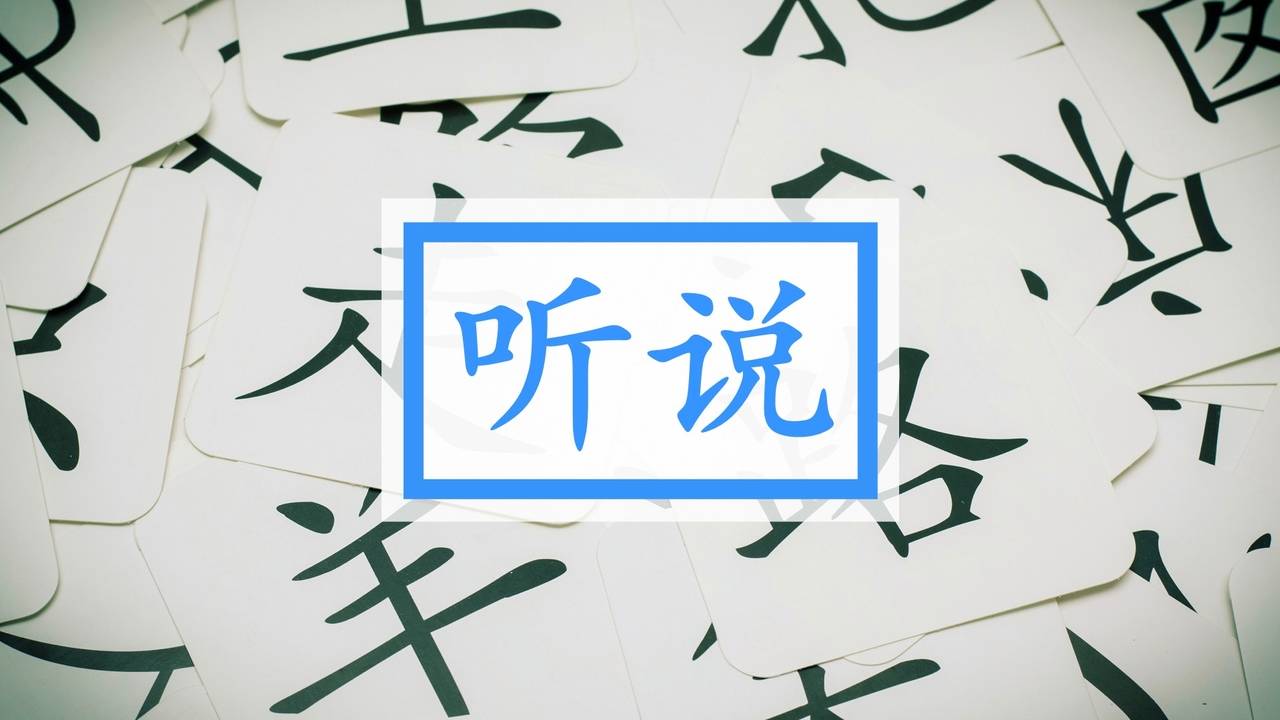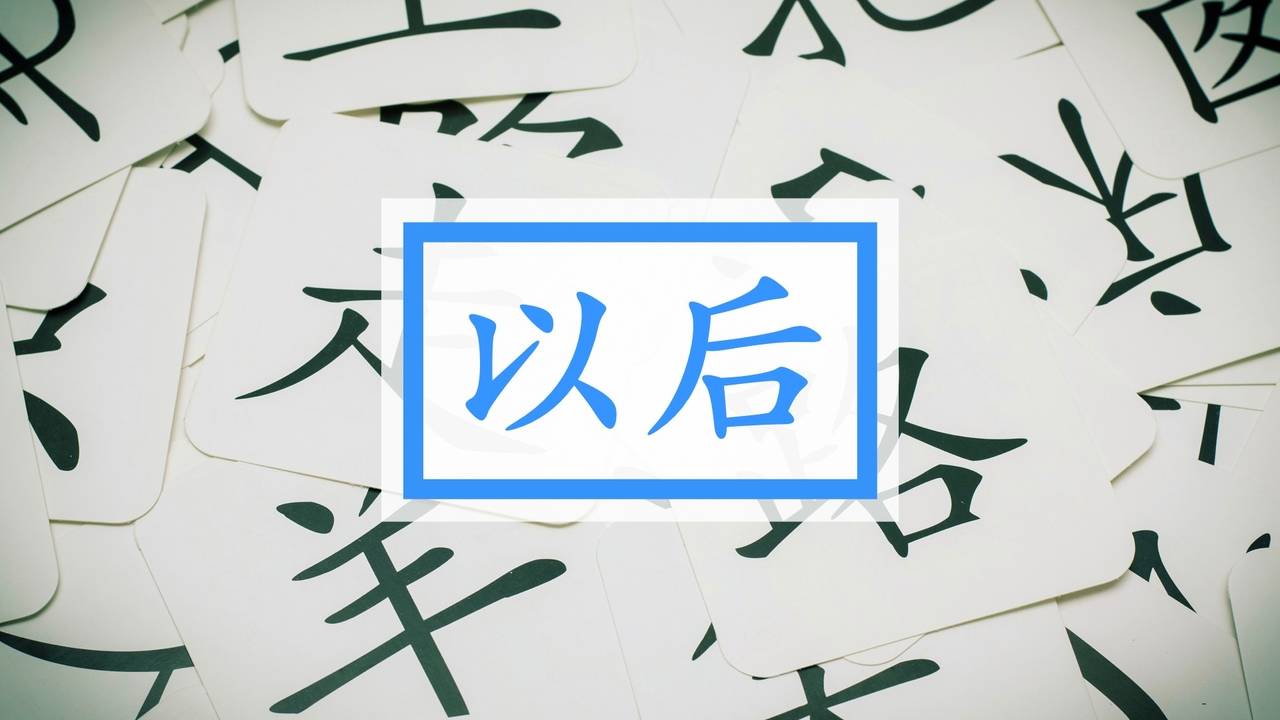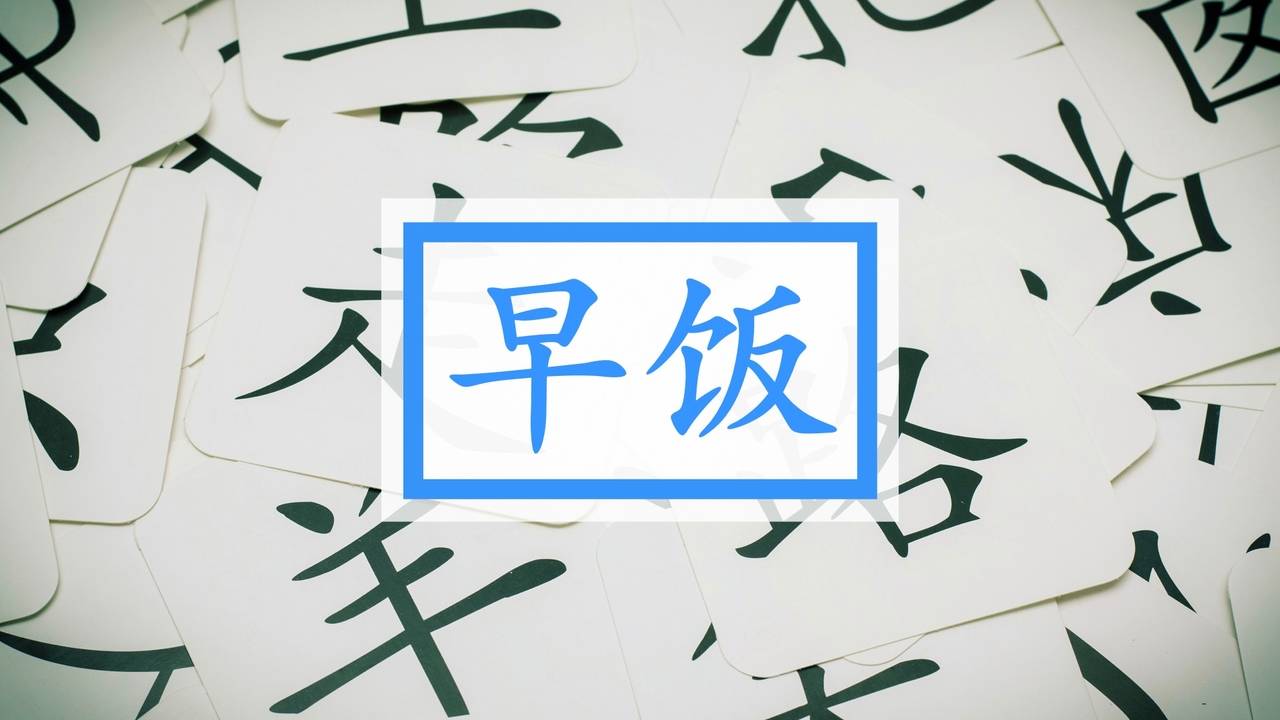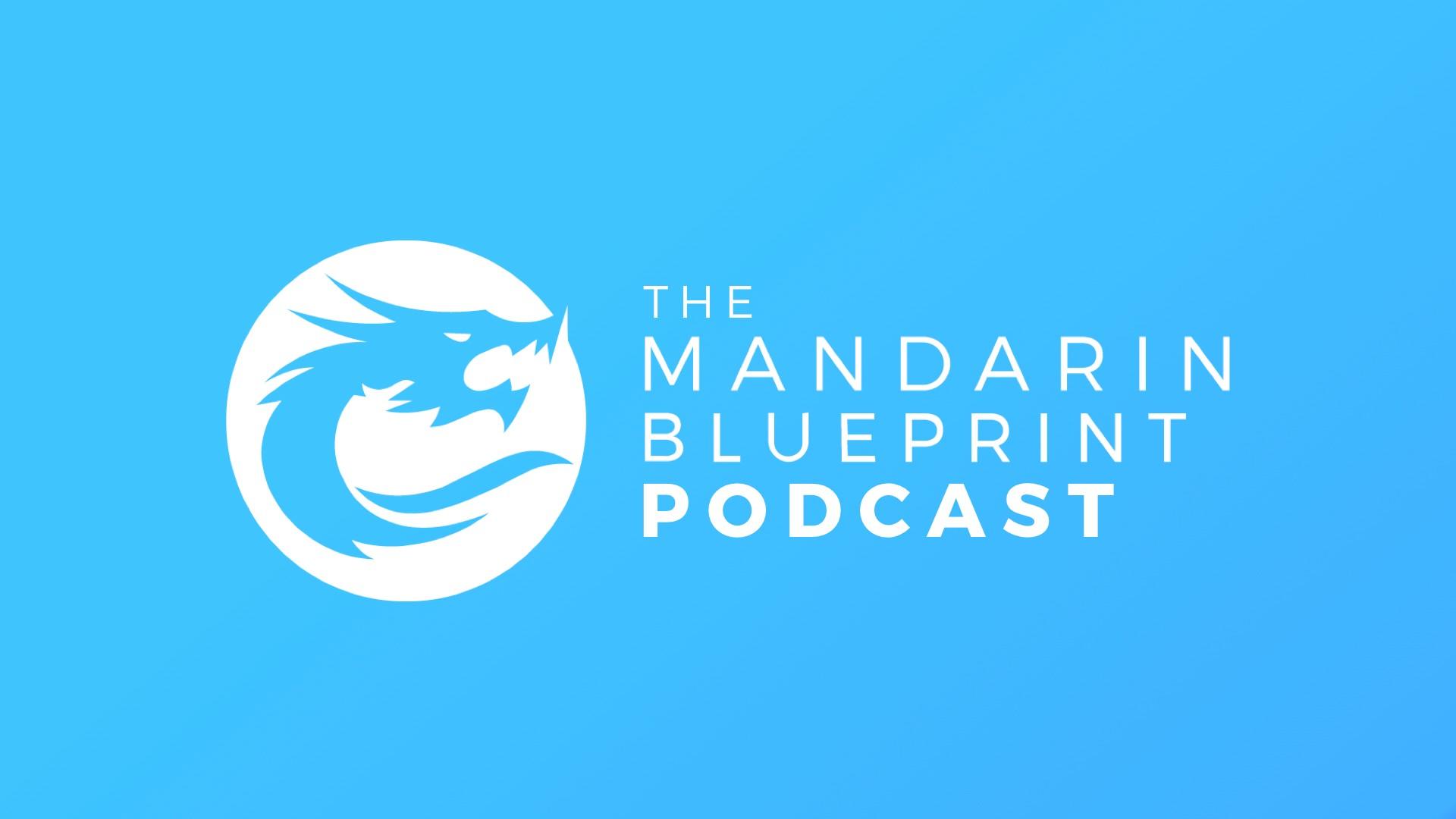Level 23 - Vocab in Context
43 Lessons
1

某个 in Context
2

某些 in Context
3

其他 in Context
4

讨厌 in Context
5

斤 in Context
6

公斤 in Context
7

听 in Context
8

BONUS: Helper - Expressing That an Action Has Happened Before with 过
9

好听 in Context
10

听力 in Context
11

听见 in Context
12

听话 in Context
13

听说 in Context
14

近 in Context
15

最近 in Context
16

后 in Context
17

以后 in Context
18

然后 in Context
19

后来 in Context
20

最后 in Context
21

BONUS: Helper - Turning Adjectives into Adverbs with 地
22

后天 in Context
23

后面 in Context
24

后边 in Context
25

厚 in Context
26

反正 in Context
27

相反 in Context
28

BONUS: “How Does What" - Adverbs Expressing Tone of Voice
29

米饭 in Context
30

早饭 in Context
31

午饭 in Context
32

吃饭 in Context
33

吃饱 in Context
34

饿 in Context
35

员工 in Context
36

工人 in Context

江 in Context
38

左边 in Context
39

左右 in Context
40

右边 in Context
41

差 in Context
42

差不多 in Context
43

差点儿 in Context
Next Character
江 in Context
CONGRATULATIONS!
The Character You Just Learned is Also a Common Word!
Usage 1 - "river":
Sentence:
有人跳江了。
English:
Someone has jumped into the river.
Top-Down Words:
跳 tiào - to jump, to leap
Sentence:
江水不流了。
English:
The river water has stopped flowing.
Top-Down Words:
水 shuǐ - water
流 liú - to flow
*Sentence:
中国有很多条江。
English:
China has a lot of rivers.
Top-Down Words:
条 tiáo - measure word for long, narrow, or thin things (e.g. rivers)
Need a Reminder?
The Six Steps to Learning Words
Understanding Chinese Words - Morphemes
Member Comments from 2019-mid-2020
Do you also want to leave a comment? You can do so below!
Clayton Lee
What's the difference between 河 and 江?
Mandarin Blueprint
江 is formal, and only used alone to mean river in rather formal writing (e.g. 沿江 yán jiāng - "Along the river"), or in combination with other characters to form names of places or rivers e.g. 长江 chángjiāng - Yangtze River, or 䢺江 chūjiāng - Chujiang (A City in Sichuan province). 河 is what you would usually use to refer to a river.





Kolia
Which reminds me of the amazing Chinese TV show 大江大河 (aka 'Like a flowing river') , which I would recommend to anyone wanting to practice their Chinese and learn about China during the economic reform period (end 1970's to 90's). It's available on YouTube, even with English subtitles.
MB Team
This is where Luke and Phil talked about your question in the Mandarin Blueprint Podcast:https://www.youtube.com/watch?v=Jaebh_qgjTQ&t=2827s